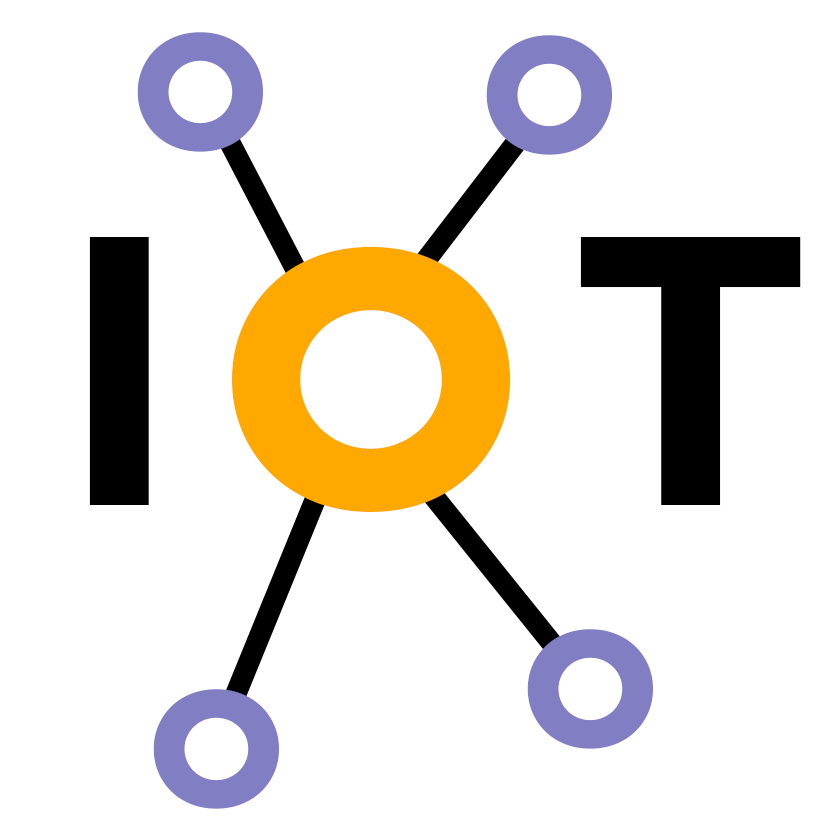This is an old revision of the document!
Power Consumption Impact of Undefined Behavior Optimizations on Nuttx
Author: Lucian-Ioan Popescu (SRIC 1)
Introduction
State-of-the-art compilers use Undefined Behavior (UB) to trigger various optimizations. Their effects range from different code size or code speed to different power consumption levels. All those aspects are critical for IoT application with limited resources. In this work we will uncover the impact of UB optimization on IoT devices using Nuttx, a popular real-time operating system for IoT devices, Coremark, a benchmark that measures the performance of micro-controllers, and Clang, the compiler we will use for compiling Nuttx and Coremark.
Background
In C/C++, UB imposes no requirements on the final behavior of the program. In this context, the compiler is free to make various assumptions during the transformation passes from C/C++ source code to target specific assembly code. This example [1] displays how signed overflow UB can lead to better code transformation inside loops. In short, on 64-bit platforms, the int type still has a range of 32-bits. That causes problems when computing 64-bit addresses with 32-bit offsets. However, compilers use signed overflow UB as a free ticket to promote int32 loop counters to int64, leading to shorter and faster code.
Even if for this specific example, we proved that the generated code is shorter and faster, for the general case we do not know how the final generated code will look like. This happens because transformation passes might interact in unpredictable ways that can change the size and speed of the final code.
Compiling Nuttx with Clang
The first goal of this project was to compile Nuttx with Clang. This happened because much of my work on researching the impact of UB for other use cases was already done in Clang.

